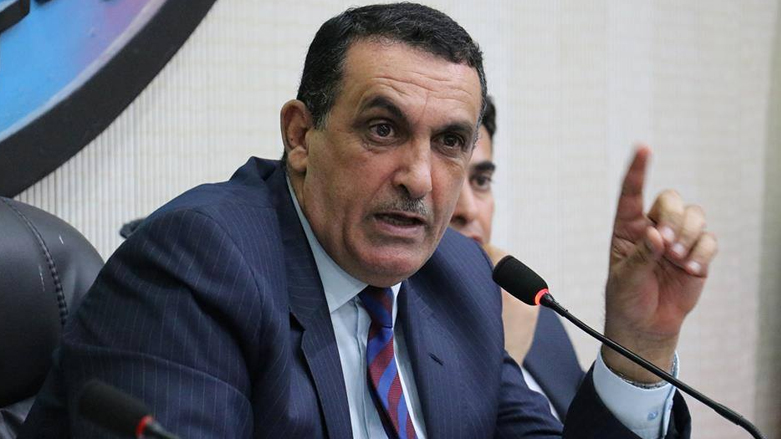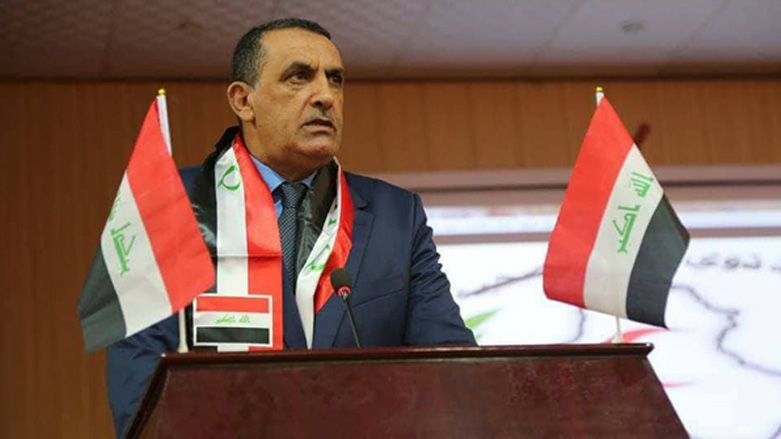Kirkuk governor proposes ethnic quota for provincial posts, employment

ERBIL (Kurdistan 24) – The governor of Kirkuk said on Tuesday that a directive assigning a quota of official posts and municipal employment distributed to members of different ethnic and religious groups was creating "balance and justice" in the province disputed by Baghdad and Erbil.
After the military takeover of the Kirkuk and other disputed territories on Oct. 16 by Iraqi security forces and Iranian-backed Shia militias, Rakan Saeed al-Jabouri, an ethnically Sunni Arab, replaced Najmaldin Karim, a Kurd, as acting governor.
The Kirkuk Provincial Council (KPC) had not been able to convene since the October attack until a session was held on Sept. 11 that included Kurdish parties and members decided to reactivate the KPC and resume regular sessions.
Since then, the local government has been engaged in efforts to substitute officials in Kirkuk on the basis of ethnicity among Kurds, Arabs, and Turkmen.
Kurdish parties have sharply criticized Jabouri for previously pursuing policies that favor "sectarian" and "demographic changes" in Kirkuk which they said amounted to a renewal of the previous regime's campaign of "Arabization" in Kirkuk. Between Oct. 16 and mid-July, ethnic Kurds holding at least 48 influential posts in Kirkuk were replaced by those from Arab and Turkmen parties, according to information compiled by Kurdistan 24.
"The directives issued by the Kirkuk administration to all departments are justice-based," and will give "32 percent of all employment in Kirkuk," to each major ethnicity and the remainder to Christians, said Jabouri in the most recent KPC meeting.
Kurdish parties have insisted on rejecting this proposal, and have repeatedly stated that this percentage is inconsistent with the seats they won in May's parliamentary elections. Even though the Kurdistan Democratic Party (KDP) boycotted the polls in Kirkuk, Kurds from the Patriotic Union of Kurdistan (PUK) won six parliamentary seats, while Arab and Turkmen parties won just three seats each.
Jabouri said in a statement issued by his office that it is necessary to establish "balance and justice ... and the application of administrative equity" in the province, and asserted that such measures "will enhance consensus, understanding and coordination before holding local elections."
An oil-rich province, Kirkuk has not seen local elections since 2005 because of a lack of consensus on a unified law between its ethnic and religious groups.
Editing by John J. Catherine

